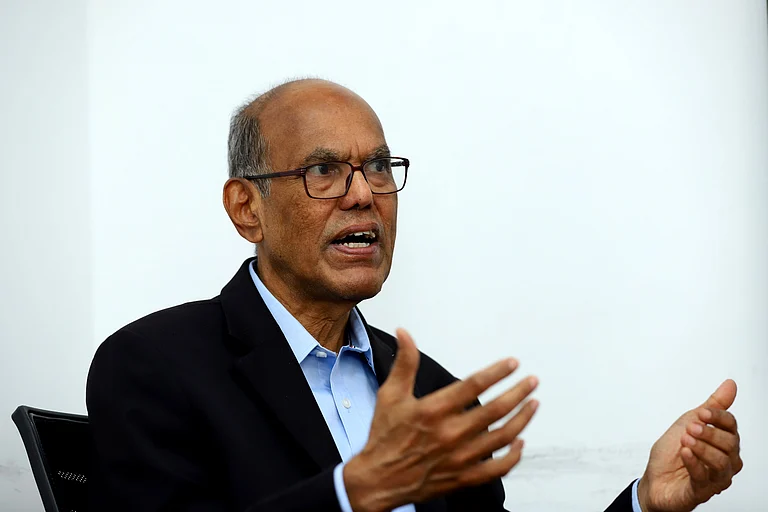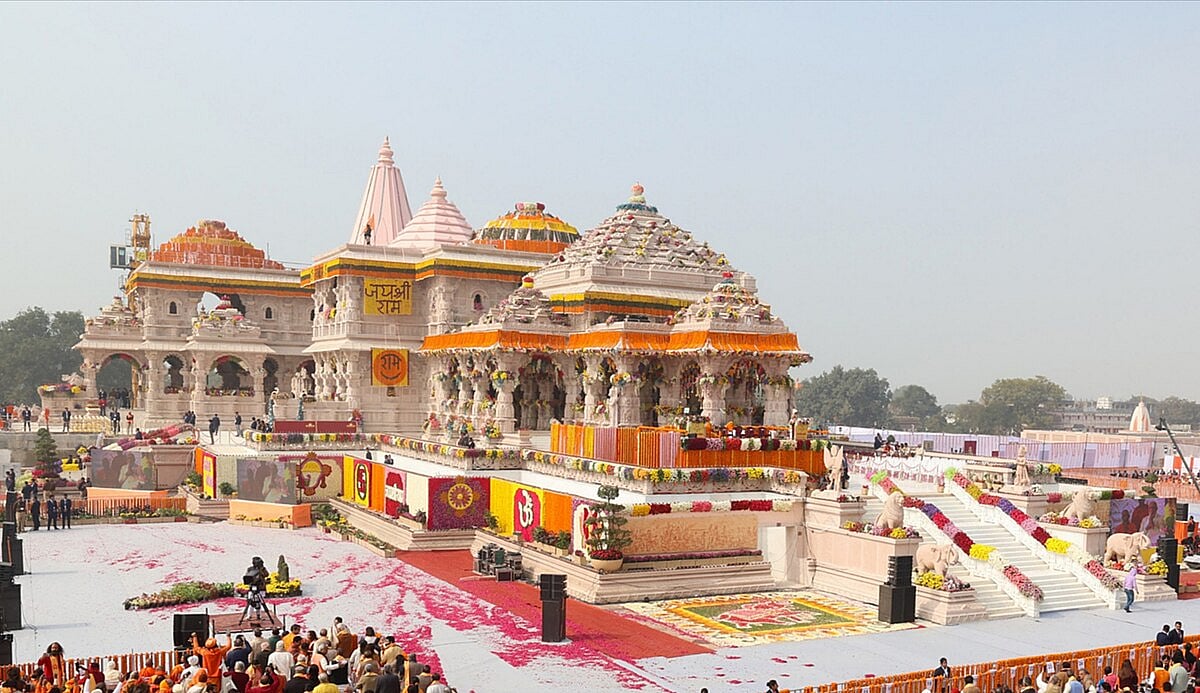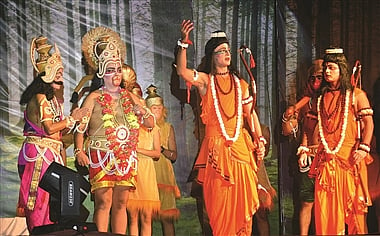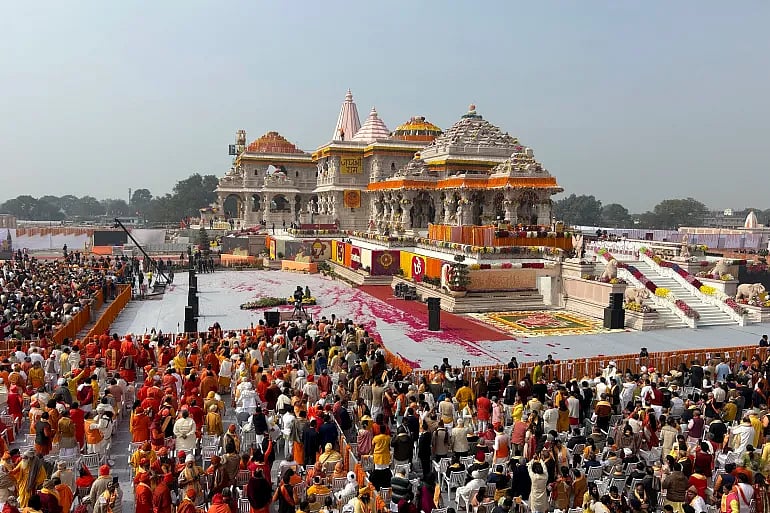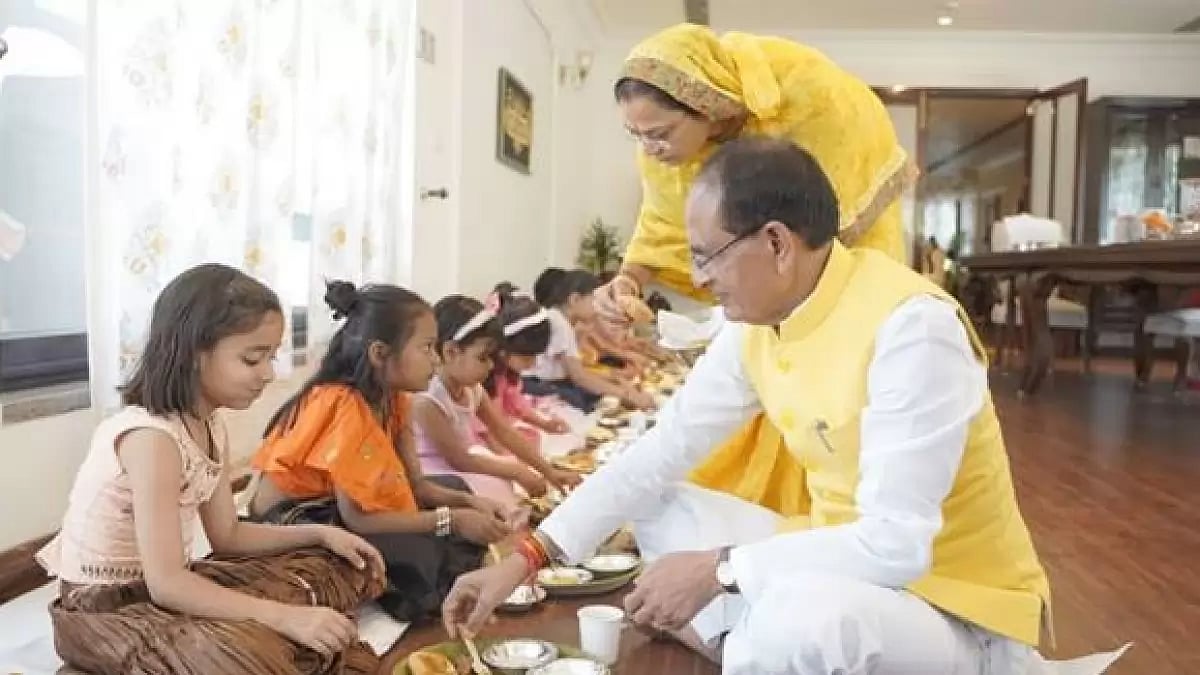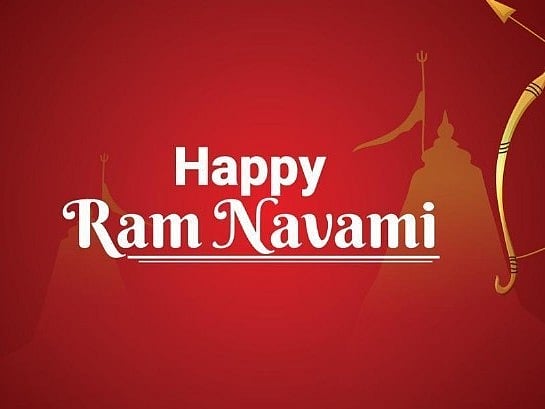Outlook Lens
The Delhi Chief Minister, who spent 50 days in prison, was released on Friday evening after being granted interim bail by Supreme Court. He will address a press conference in Delhi on Saturday
Latest News
Advertisement
The resolution received support from 143 countries, including India, while nine countries voted against it, and 25 countries chose not to vote. There was applause in the UN General Assembly hall after the voting.
Advertisement
Rahul Gandhi on Friday claimed at an event that the ruling BJP will be restricted to less than 180 seats in the Lok Sabha elections, adding that he can give in writing that Narendra Modi is not going to be the PM again.
Advertisement
Rafah, a major hub for those displaced from their homes along Gaza's border with Egypt, is now home to over a million Palestinian civilians, many of whom face the prospect of forced evacuation.
Advertisement
Magazine
Magazine Home
-
Outlook’s reporters have travelled thousands of kilometres across India to talk to people who can shatter the walls of echo chambers that keep us fortified and isolated
-
As Jammu and Kashmir readies for its first major election exercise since the abrogation of Article 370, the ‘lion’ is back in Kashmir’s political rhetoric
-
Two women, two election symbols—voters in Baramati appear to be befuddled by the recent political saga that has split the NCP and the powerful Pawar clan
-
Livelihood concerns of the fishing communities in Raigad and Ratnagiri find no mention in the electoral campaigns in the Konkan region
-
Amid the rising influence of Shivaji and a deepening ‘insider-outsider’ divide, the candy-coloured temples of Goa have taken on a political hue, even as ‘original Goans’ remain sceptical of endorsing politics of religious majoritarianism
-
In Hathras, a family waits for justice, in Budaun and Sambhal, people wait for dignity and development
Previous Issue
Advertisement
Mayawati divesting her nephew of party responsibilities days after he made remarks against the BJP has raised questions about her approach towards the saffron party.
As Congress Corners BJP On Unemployment, Here Is Why Modinomics Has Failed To Create Jobs
Jakub Vadlejch won gold with his third throw being the best in the field at 88.38m. Chopra's best also came in his third attempt. Anderson Peters finished third
Advertisement
Yet another crazy week for K-Pop lovers. Here are the top 10 songs for you this week:
The trailer for 'Boneyard' is here. This crime thriller series stars Brian Van Holt, 50 Cent, Nora Zehetner, Michael Sirow, and Mel Gibson in key roles.
According to 2018 research conducted by the Conference on Jewish Material Claims Against Germany, two-thirds of millennials are unfamiliar with Auschwitz. For director Joe Berlinger, this discovery raised the question of whether Hitler and the Third Reich’s horrors during World War II are being forgotten.
The second trailer of 'A Quiet Place: Day One' is here. Starring Starring Lupita Nyong'o and Joseph Quinn, the film will release on June 28.
Showbiz Trends
Advertisement
With careful planning and a sense of adventure, Switzerland's treasures are within reach for seniors seeking a memorable and affordable travel experience
OT Travel Itinerary: 3 Days In Hyderabad, The City Of Pearls
The 2024 Met Gala bloomed with ‘The Garden of Time’ theme. Here’s a look at the highlight looks and where Indian fashionistas stood.














































































